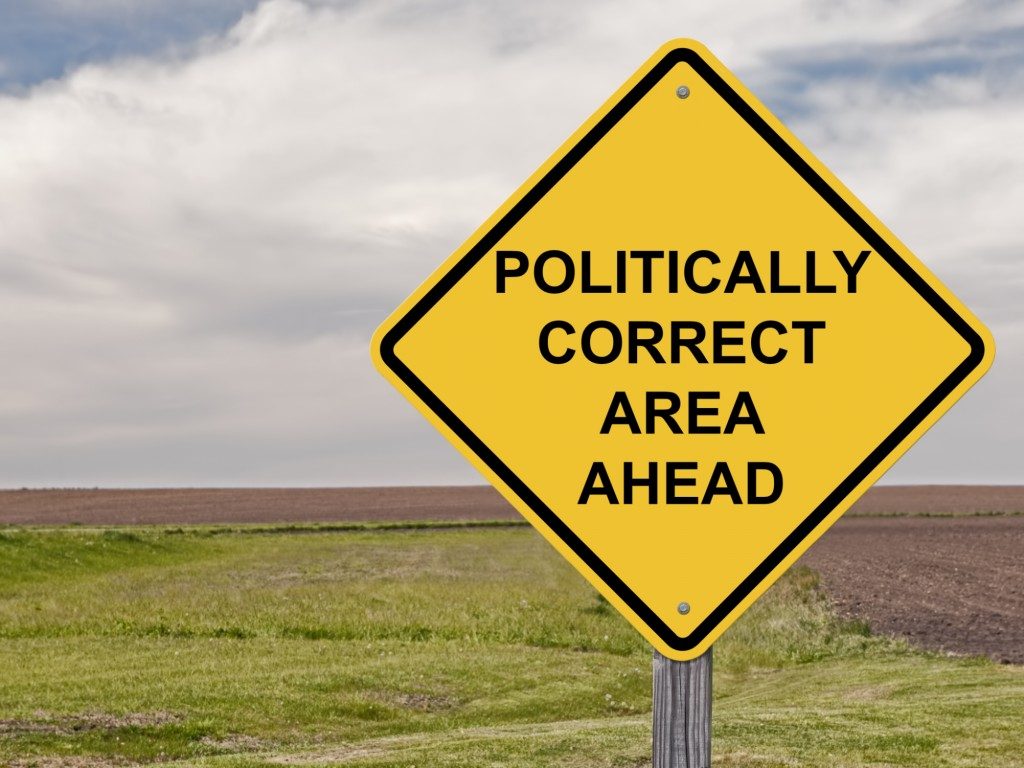The idea behind academia is to learn, not to make everyone feel at home
By Alex Stanton, Staff Writer
There are a whole lot of people in this world. Unfortunately, a huge chunk of them are straight up bigots.
Even in developed countries such as our own, there’s a depressingly large number of people who seem to take socially conservative values to their logical extreme, and they’re extra vocal on the Internet. For a young person who sees nothing wrong with same-sex marriage, knows that transgender people should be acknowledged as people, and believes that black lives matter, looking at the comment sections of online news articles related to social justice can be, at best, extremely demoralizing and, at worst, downright heartbreaking. The youth of today are making huge changes when it comes to inequalities, but this has been met with incredibly vocal opposition.
While it’s become clear that those who say “social justice goes too far” are either completely politically apathetic or bigoted in some way. I can’t help but feel that the presence of overt political correctness at colleges and universities in North America can have a detrimental effect on learning. That is, if it hasn’t already.
An alarming number of the public has a problem with the idea of “safe spaces,” and that seems incredibly silly to me. Not only is it silly because the allowance of safe spaces does no harm to those who don’t need them, but also because most of these detractors act like they are a current phenomenon exclusive to North American campuses. Safe spaces are everywhere, and have been since the dawn of time. When women are running from abusive spouses, they expect to be protected at a battered women’s shelter. When the religious go to a place of worship, they can expect to be safe from those who are intolerant of their views. If I ever want to attend a Narcotics Anonymous meeting, I can feel secure in speaking about my experiences with the understanding that no one will belittle me for my honesty. These are all examples of safe spaces, and I can say without hesitation that anyone who’s against any of those safe spaces is a bad person.
But to want to turn entire schools into one giant safe space, to me, falls squarely onto the opposite end of the silly spectrum. To completely abolish the discussion of ideas or concepts that have the potential to upset or trigger someone goes against the whole goal of post secondary education: to explore, to stumble upon as many points of view in as many topics as you desire, and to learn.
In a more recent example of this, a 19-year-old student attending a college in Oregon was banned from the discussion portion of his humanities class by his professor. The reason? During the discussion, the student openly questioned the one-in-five-college-women-are-raped statistic; apparently, this caused at least one other person to feel “serious stress,” in the words of the professor.
For those of you who aren’t aware, the statistic in question has indeed been debated countless times (response rate and the method used to acquire answers being some of the top concerns). The incident in Oregon happened in March of this year. I won’t go on about the prevalence of rape on North American campuses, but this man was doing precisely what he came to college to do, and he was punished for it.
At college, you aren’t entitled to shield out ideas that make you uncomfortable. Your comfort is a hell of a lot less important than the education of hard-working, paying students.


